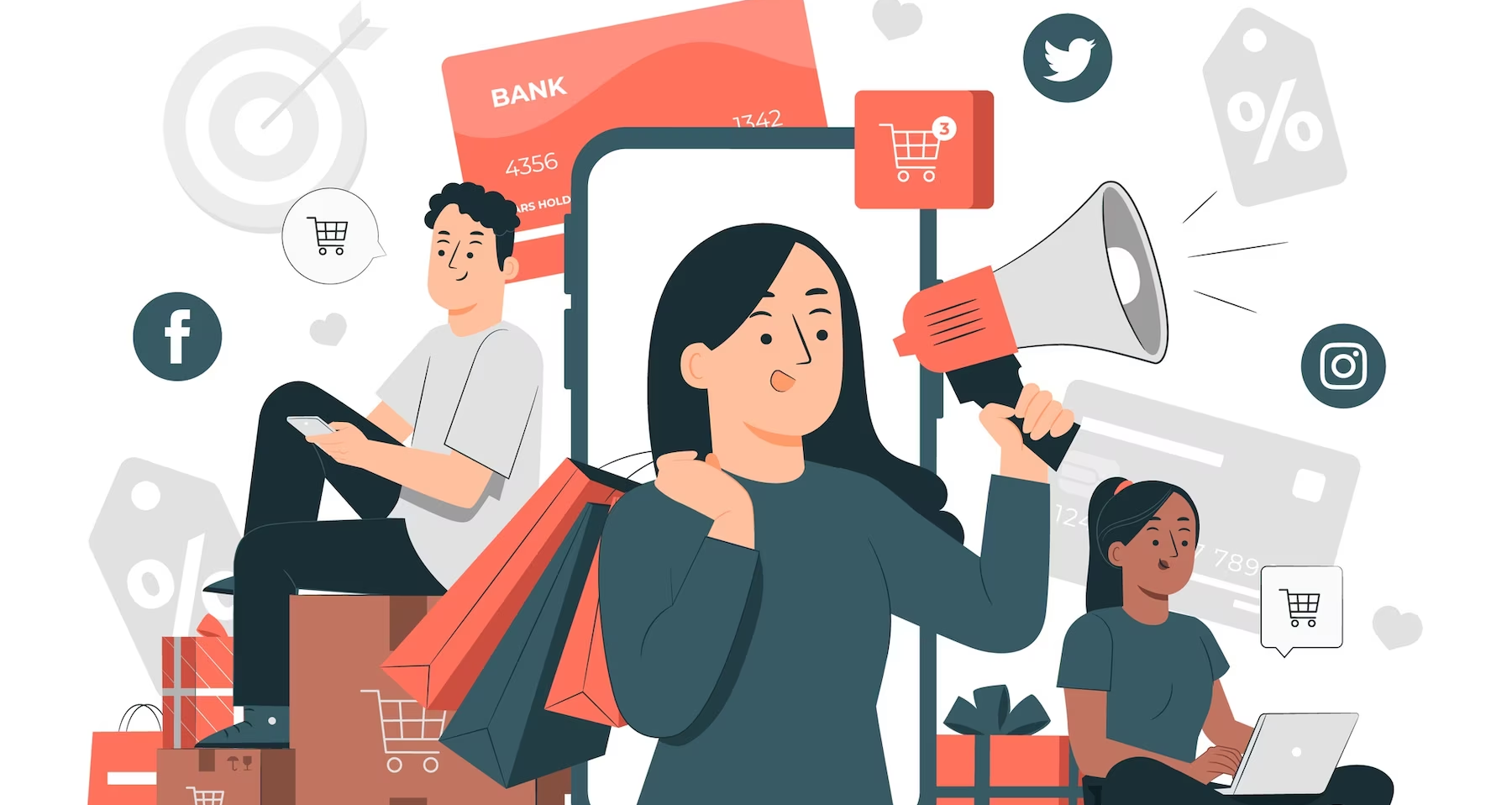
Bluetooth beacons are taking interactivity and engagement to new levels across a variety of industries. These small wireless transmitters have become a game-changer for organizations looking to bridge the physical and digital.
What Are Bluetooth Beacons?
A Bluetooth beacon is a small hardware device that broadcasts Bluetooth low-energy signals to nearby mobile devices. The signals typically contain a unique identifier that can be picked up by compatible apps running on smartphones and tablets within a range of approximately 50 meters.
Bluetooth beacon technology enables new proximity-based experiences and location awareness for mobile apps. It provides contextual cues based on a user’s physical location indoors where GPS is inaccurate.
Early Development
Apple first introduced the concept of Bluetooth beacons in 2013, calling it iBeacon. Major players like Google, Microsoft and PayPal soon jumped on board to develop beacon platforms and protocols like Eddystone.
Initially, beacon adoption was slow due to challenges like fragmented technical standards and high hardware costs. But over the past 5 years, beacon tech has matured greatly in terms of functionality, affordability and reliability.
Key Benefits
Bluetooth beacons offer a number of intriguing benefits:
- Precise indoor positioning – Beacons provide apps with accuracy down to 1-3 meters for indoor location tracking, navigation and analytics.
- Contextual awareness – Apps can be trigged by proximity to send users timely, relevant notifications and information based on their exact location onsite.
- Seamless interactivity – Beacons help bridge the offline and online worlds, enabling immersive digital experiences during in-person events and venue visits.
- Insights into customer behavior – Analysing real-time location data from beacons provides valuable insights into customer journeys and dwell times.
- Versatile connectivity – Beacons can trigger app interactions over Bluetooth as well as push notifications over WiFi or cellular when Bluetooth is unavailable.
Use Cases
Beacons are being used creatively across industries:
- Retail – Beacons placed on shelves help inform and guide customers. Retailers gain analytics on in-store traffic patterns.
- Events – Conference and concert organizers use beacons for enhanced schedules, venue maps and networking among attendees.
- Tourism – Museums, galleries, stadium tours and city tours are bringing their spaces to life with beacon-powered apps.
- Healthcare – Hospitals utilize beacons for wayfinding, asset management, workflow improvements and content delivery.
The Future
Bluetooth beacon adoption is forecast to grow rapidly in the coming years as costs continue to decrease and technology improves.
The possibilities are endless when it comes to dreaming up innovative, interactive experiences leveraging proximity-based cues from beacons. This technology will only become more seamlessly integrated into our physical environments.


